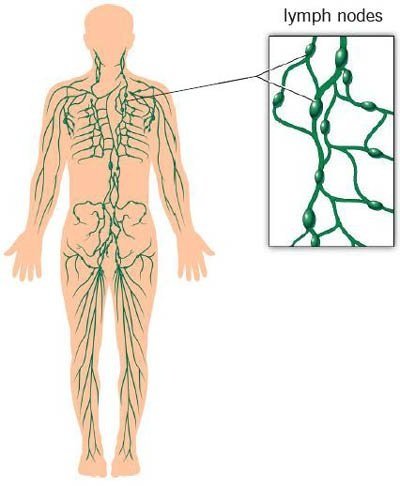Lymphedema
Lymphedema is the build-up of protein-rich fluid in the soft body tissue when the lymph system is damaged or blocked causing swelling in an affected limb. The lymphatic system is part of the immune and circulatory systems and is responsible for filtering out toxins in the body. The lymph system is a network of lymph vessels, tissues, and organs that carry lymph throughout the body. Lymphedema occurs when lymph is not able to flow through the body the way it should. Lymphedema is most commonly caused by lymph node removal or damage during Cancer surgery or treatment. Lymphedema can also be caused by circulatory disorders effecting the arteries and veins. The main symptom of lymphedema is swelling in an arm or leg and may occasionally be accompanied by discomfort or pain. Discomfort is usually described as a feeling of heaviness or tightness in the limb, with recurring infections in the limb, and/or hardening/thickening of the skin (fibrosis). Most commonly swelling occurs in the limbs (arms and legs), but can also occur in the chest wall, abdomen, neck and face, and genitals. Severe cases of lymphedema can affect the ability to move the affected limb; increases the risks of skin infection leading to cellulitis and sepsis; and can lead to skin changes and breakdown.
Following a thorough evaluation, we provide specialized in-depth treatment for lymphedema including patient education for signs and symptoms of swelling disorders, complications, underlying complicating health issues, and careful skin care; specific manual massage techniques to move swelling; compression bandage wrapping to reduce swelling; exercises for continued mobility and swelling management; and long-term compression in the form of a stocking or sleeve.




